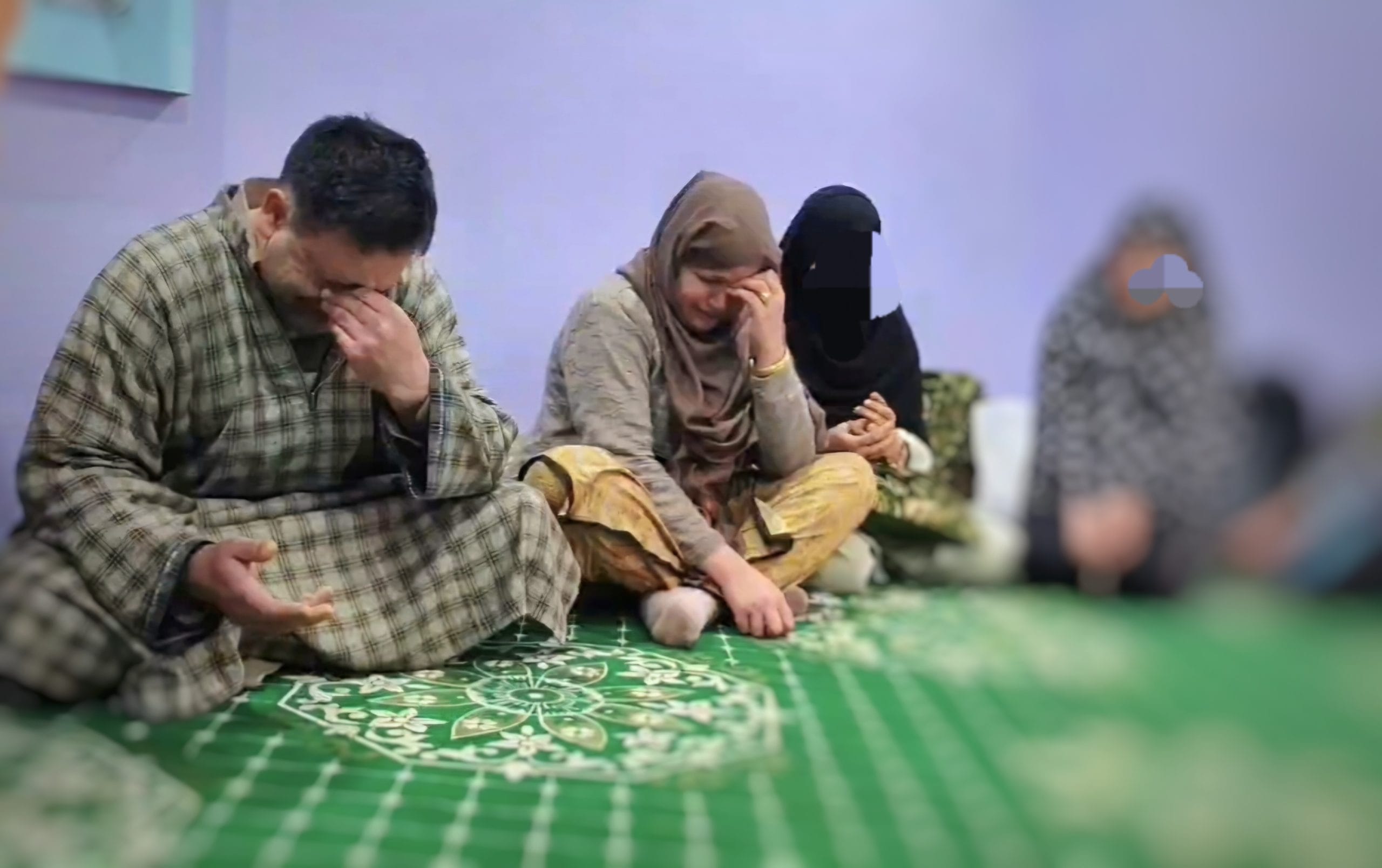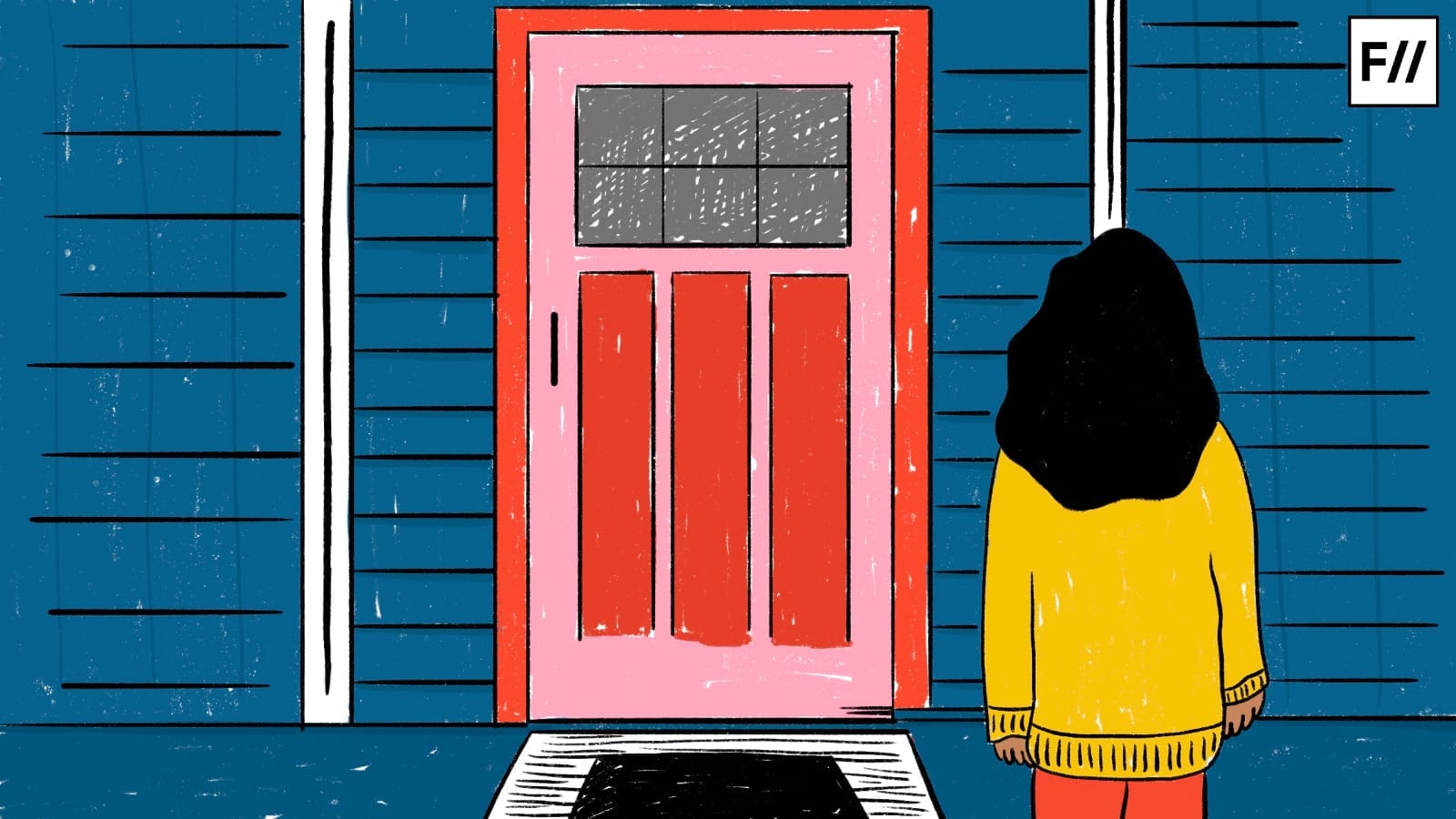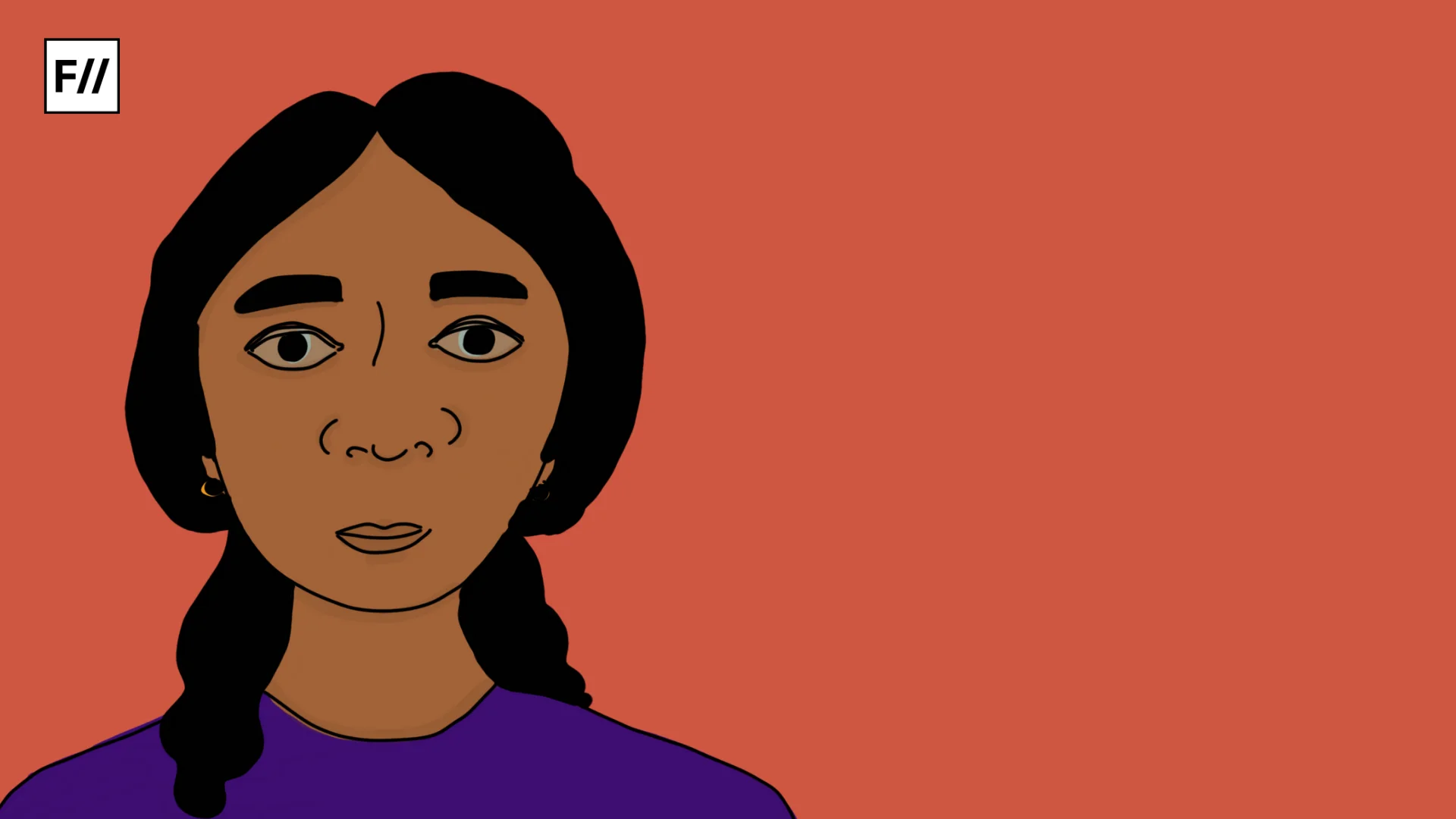21 Pakistani-origin women in Bandipora face deportation after over a decade of life in Kashmir, as families plead for compassion and protection under a failed rehabilitation promise.
‘If they take me away from my baba, I’ll be like an orphan,’ whispers the eight-year-old daughter of Mohammad Shafi, while hugging her baba tightly.
In Bandipora district of Kashmir, Around 21 women of Pakistani origin face orders to leave the country after living here for over twelve years. They came under a government policy that aimed to bring back families of former militants who gave up violence. Now, after an attack happened far from their homes in Pahalgam, their lives have changed suddenly and painfully.
These women married men who surrendered under the 2010 rehabilitation policy. They have since built lives here raising children, building homes, and becoming part of the community. Yet, the government has ordered them to leave by the end of April, forcing them to abandon their families and everything they have worked for. Many say this is a terrible fate, a pain that feels worse than death.

Mohd Shafi’s wife, Asmat, is among those ordered to leave Kashmir. He spoke about how hard it has become for them. ‘We do not know what to do. I got a notice on April 26th saying my wife must leave India. We are just waiting for them to take her now,‘ he said. He asked why they should face punishment for something they did not do. ‘My wife and I had no part in the attack on April 22nd. What about our children? Our eight-year-old daughter? It is breaking our hearts.‘
Shafi recalled the hope he felt when he first came back to India under the 2010 policy. ‘The government gave us a chance to return, to see our families again. I was thankful then. But now, I fear for my wife and kids. If they send her away, where will she go? Who will care for our children? It hurts inside to even think about this,’ he shared.
Asmat is struggling with the situation. She said, ‘I feel empty. After fifteen years of raising my children here, I cannot think of losing them.’ Their son, who wanted to stay unnamed, said, ‘Since the notice came, I have been shaking. It says my mother will be sent away soon. Why didn’t they do this when we first came legally with all documents?‘
Asmat is struggling with the situation. She said, ‘I feel empty. After fifteen years of raising my children here, I cannot think of losing them.’
Shafi said they hold important papers like Aadhaar, domicile certificates, and election cards that show Asmat is an Indian citizen. ‘Why then is she being deported? This is not fair,’ he said. Their future is uncertain, and the family feels lost.
Aliza Rafiq, another woman of Pakistani origin, spoke to the authorities in a plea for her family. ‘After twelve years in Kashmir, I face the fear of being sent to Pakistan, a place I fear for my safety. I followed every law, accepted the rehabilitation policy, and made a home here. But now, I have a notice to leave the only place my children know.‘ she says.
She spoke about the pain of leaving her husband and young daughter. ‘My daughter is ten years old. She needs me now more than ever. A mother’s love cannot be replaced. Please do not take us apart. I would rather die than live without my children,’ she said.
‘I’ll be like an orphan‘ children face heartbreak as mothers ordered to leave Kashmir
‘Papa mujhe Eid pai khelunia aur kapde lekar dete the, aur agar mujhe Papa se door kiya gaya toh mai Eid pai kya pehenu,’ she cried. (‘Every Eid, my father brings me toys and pretty clothes. If I’m sent far from them, what will I wear on Eid? Who will buy me toys?‘)
‘Who will take care of my mother when she’s sick? I’m still small. I can’t live without them. I don’t want to go anywhere. I just want to stay with my parents, in our home, like every child should,’ said Mohammad Shafi’s eight-year-old daughter.

The 2010 rehabilitation policy was made to help militants who had gone to Pakistan for training but gave up fighting to come back home. This policy also allows their wives and children who married while in Pakistan to enter India legally for family reunion.
Mufzala, originally from Muzaffarabad Kashmir, said she married a man from Baramulla district of Kashmir who had returned under the 2010 rehabilitation policy on a long-term visa. Speaking with anguish, she shared:
‘Both of my children were born here in Kashmir, and right now, I have a newborn who is just 40 days old, Now where I will go with her? For the last three years, I’ve been regularly applying for Indian citizenship, but I never received any response. Then, on April 30, the police came to my home and told me that your application had been rejected, and you must leave according to government orders.’
‘Every year, our verification is done as usual, we are also condemning this brutal attack. Those who had done this attack they are not humans ,they are terrorists. The government should punish them strictly,’ she said, ‘Now I request the Government of India to please reconsider the policy. This is our only hope to stay with our families, our children, and our loved ones. Please don’t separate us, especially my daughters from their father.’
‘This Is our home,‘ women plead for mercy as deportation from Kashmir threatens to shatter lives
Zahida Begum, who has lived in Kashmir for fifteen years, shared her worries. ‘I have made a life here with my children. Being forced to leave now would destroy everything I worked for. We do not want to go back to where we came from. Losing this home will bring pain to my children and me,’ she said. Begum asked for the chance to stay, saying, ‘This place is our life and peace. Taking it away will ruin us.’
Since the government’s recent deportation orders after the Pahalgam attack in Kashmir, about 800 Pakistani nationals have returned to their country. Around 1400 Indians have come back home as visa rules tightened.
They had entered India legally under the rehabilitation policy, believing they were safe and accepted. Now, with sudden deportation orders, they face losing their homes, their families, and their futures.
The turn of events hits families deeply. They had entered India legally under the rehabilitation policy, believing they were safe and accepted. Now, with sudden deportation orders, they face losing their homes, their families, and their futures.
Shafi’s family shows how this crisis affects the most vulnerable. Children, born and raised in Kashmir, face the threat of separation from their mothers and the homes they know. Mothers worry about leaving their husbands and children behind or being forced from the only place they have ever called home.

This is more than a political or legal issue; it is a human story of families caught in difficult times. Lives built over years now risk being undone in days. Pleas for mercy reach beyond policy language, asking for understanding and compassion.
Broken promises: families who returned under 2010 policy now branded illegal
The rehabilitation policy was created with the goal of healing wounds and bringing families together after years of conflict. It promised a chance for ex-militants and their families to return, live peacefully, and rebuild their lives.
For these women and their children, this promise meant hope and a home. To see that hope threatened now brings fear and heartbreak that no law can easily mend.
Their stories call for a deeper look, not only at rules but at the real people who live by them children who want to stay with their parents, mothers who want to protect their families, and fathers who want safety for their loved ones.
In these difficult moments, these families ask simply for fairness and mercy. They want to stay in the homes they built in Kashmir, with their children and partners, as the law once allowed and as any human being hopes.
The lives of Shafi, Asmat, Aliza Rafiq, Mufzala , Zahida Begum, and others in Bandipora stand at a crossroads. Their futures rest on decisions that will shape not only where they live but if their families stay whole.
Their futures rest on decisions that will shape not only where they live but if their families stay whole.
In a time meant for peace and healing, these families face a new challenge one that tests the very meaning of home and belonging. Their voices rise with a single plea: ‘Do not send us away. This is where we live. This is where we belong.‘
Legal voice
‘The decision to deport illegal immigrants from Pakistan is purely a political one, though supported by laws like the Foreigners Act and Passport Act, which enable the government to deport foreigners,’ said Advocate Tajamul. ‘The question is why now? If they came on the assurance of the government by shunning violence and returned to the Kashmir Valley with their families under the 2010 policy, that policy never attained any concrete shape. It remained a mere assurance.‘

Had it been otherwise, people wouldn’t have come through Nepal, and they would have received some positive assistance from the government but that never happened. They were always regarded as illegal immigrants, and today that stands proven. The state government, which announced the policy, never came to their rescue. Instead, they were punished collectively. They were never assimilated into society let alone granted citizenship or the promised rehabilitation.
‘The current scenario should be handled on a humanitarian basis. Deporting these people will serve no purpose except to satisfy the collective consciousness of a few in mainland India,’ he added. India, once known for Atithi Devo Bhava, is now losing that spirit under the shadow of supremacist ideology.




